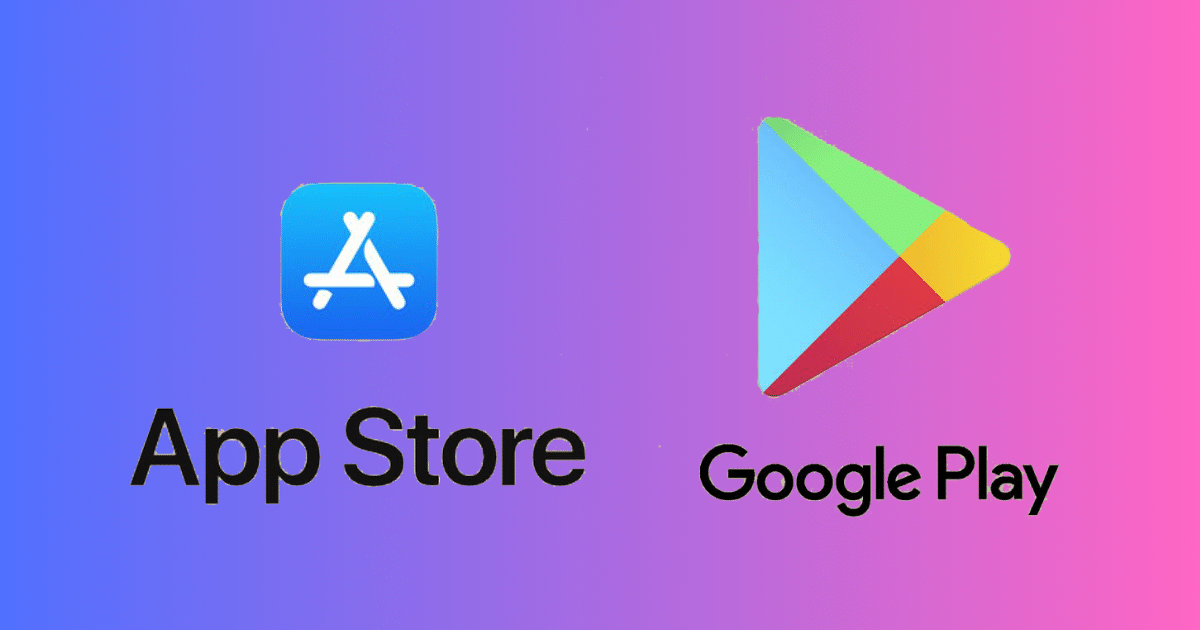Meta is proposing legislation that would require app stores, particularly the Google Play Store and Apple App Store, to obtain parental approval for app downloads by users aged 13 to 15. This shift deviates from the current practice of individual sites screening underage users and places greater emphasis on parental involvement in regulating app usage.

Meta advocates for parental control in Apple and Google’s app stores amidst growing social media concerns
Meta’s global head of safety, Antigone Davis, maintains that an industry-wide solution is essential to provide consistent support for parents and young people. The proposed legislation would mandate app stores to notify parents when their teens attempt to download an app, similar to in-app purchase notifications. Parents can then grant or deny permission, offering a straightforward and consistent approach across all apps.
With states enacting varying measures to restrict kids’ access to social media, Meta argues that the current patchwork of age verification creates challenges. Different state laws necessitate navigating multiple verification methods, potentially compromising sensitive information. Meta’s proposal aims to streamline the process, reducing the burden on parents and minimizing the risk of privacy concerns.
Meta advocates for federal legislation requiring parental consent for app downloads by teens under 16. This approach aligns with the company’s commitment to providing age-appropriate features and settings. By placing the responsibility on app stores, Meta seeks to establish a uniform standard for protecting teens across all platforms.

While Meta’s proposal intends to simplify the age verification process, some critics express concerns about potential privacy implications. However, Meta asserts that its approach reduces the need for repeated age verification across various apps, offering a more seamless experience for both parents and teens.
The push for increased parental control stems from Meta’s heightened scrutiny over its efforts to protect young users. Recent disclosures, including internal research highlighting the impact of the company’s products on teen mental health, have intensified pressure on Meta to address these concerns.
In a related development, Google, Meta, ByteDance, and Snap face lawsuits alleging culpability for teenagers’ social media addiction. A federal judge has ruled that these companies cannot dismiss the lawsuits, stating that they extend beyond third-party content. The lawsuits cite issues ranging from inadequate parental controls to ineffective age verification systems.
(via The Washington Post)
Read more: